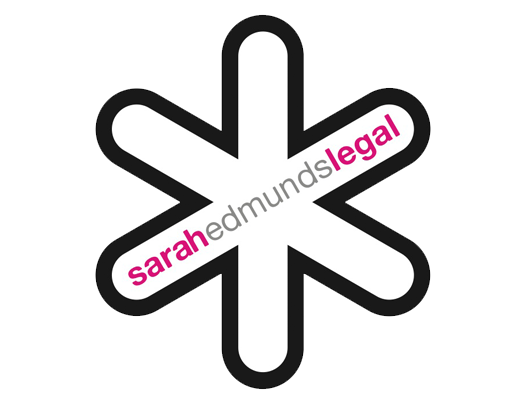When a person puts in place a Lasting Power of Attorney (‘the Donor’) they are nominating people whom they trust to act on their behalf (‘the Attorney’). The role of the Attorney depends on whether they have been appointed to deal with the Donor’s health and welfare or property and finances, or both.
Regardless of which Lasting Power of Attorney the Attorney has been appointed to assist the Donor with, the Attorney must at all times act in the best interests of the Donor. If the Donor has appointed more than one Attorney, the Donor can stipulate how the Attorneys make decisions together. The Donor can allow the Attorneys to act independently of each other, state that the Attorneys must agree jointly on all decisions that they make OR allow the Attorneys to act independently on some decisions and jointly on others.
Financial Affairs and Property Lasting Power of Attorney
If the Donor has a property and financial affairs Lasting Power of Attorney in place, the Attorneys can assist the Donor with:
- money and bills;
- bank and building society accounts;
- property and investments, and
- pensions and benefits.
This Lasting Power of Attorney allows the Attorneys to manage the financial affairs of the Donor, liaising with financial institutions on the Donor’s behalf. Importantly, the Donor can place restrictions on what the Attorneys can do as well as provide guidance to the Attorneys on how they would like decisions to be made.
In order for the Attorneys to be able liaise with a Donor’s bank, the Attorneys must:
- Provide proof of your name (either a driving licence or passport)
- Show the bank the original Lasting Power of Attorney (or a copy of it if it has been signed on every page by the Donor, a solicitor or Notary)
- Provide proof of address (this could be a gas, electricity or council tax bill)
- Provide the Donor’s name and address if it is different than that on the Donor’s bank account.
The Attorneys can, on behalf of the Donor, buy gifts or give gifts of money. The Donor can do these when:
- The Donor normally gives gifts to that person or charity;
- The gift is on an appropriate occasion, for instance a birthday or wedding.
The Attorneys may also be able to sell or buy property on behalf of the Donor if it is in their best interests.
Health and Welfare Lasting Power of Attorney
If the Donor has a health and welfare Lasting Power of Attorney, the Attorneys can assist the Donor with their:
- daily routine, for instance washing, dressing and eating;
- medical care;
- living arrangements – for instance whether they live at home or if they should move into a care home.
The Attorneys can not make decisions in relation to treatment which will keep the Donor alive unless they have been given permission to do so within the Lasting Power of Attorney.
As with the Financial Affairs and Property Lasting Power of Attorney, the Donor can place restrictions on what the Attorneys can do as well as provide guidance as to how they would like decisions to be made.
Making A Lasting Power of Attorney
As you can see, Lasting Powers of Attorney are an extremely powerful tool allowing a person to be assisted in the two different aspects of their lives. This allows the stress to removed from the Donor’s life if they are, for instance, finding dealing with their finances difficult to manage and cope with. In addition, if a Lasting Power of Attorney is in place and something happens to the Donor which means they lose their capacity, the Attorneys will be able step in and act for the Donor in accordance with the Lasting Power of Attorney.
If you are interested in registering a Lasting Power of Attorney please give us a call on 01273 407970 to arrange an appointment or visit our LPAs page for more information.
Andy Moye
Trainee Solicitor



